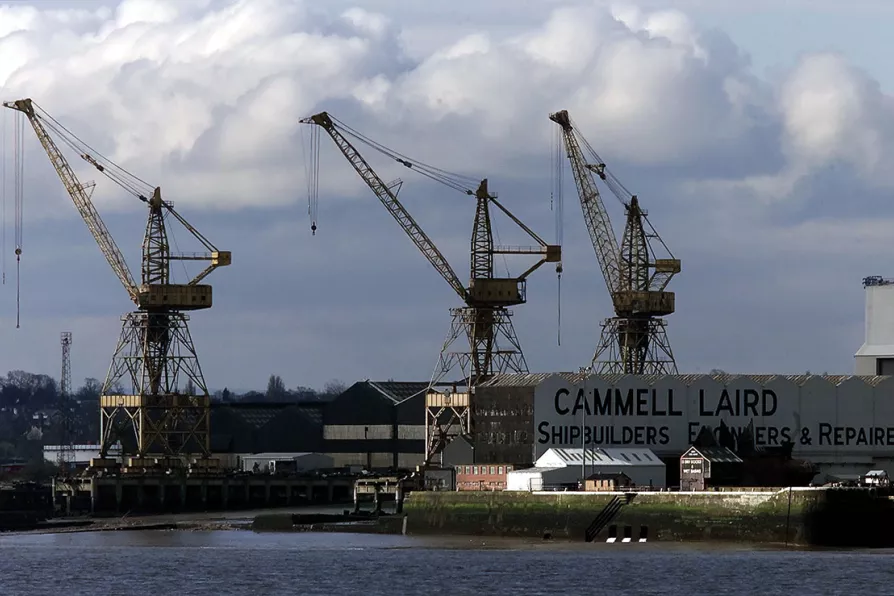Labour prospects in May elections may be irrevocably damaged by Birmingham Council’s costly refusal to settle the year-long dispute, warns STEVE WRIGHT
Defence spending must stay here
Defence procurement has a vital role to play in helping British industry to survive this current crisis — especially our 32,000 shipbuilding workers, argues MICK WHITLEY MP


ON December 1 I secured a Westminster Hall debate in Parliament on the issue of defence procurement and supply chains.
This has profound implications for Britain’s manufacturing industries, the wider supply chains and the communities within the “left behind” towns that are home to Ministry of Defence suppliers.
We are in the worst economic crisis in living memory. Across the country, unemployment is soaring and could hit over three million by the spring of 2021.
Similar stories

KIM JOHNSON MP places the campaign in the context of the history of the working-class battles of the 1980s, and explains why, just like Orgreave and the Shrewsbury Pickets before it, justice today is so important for the struggles of tomorrow

SOPHIE BOLT explains why Campaign for Nuclear Disarmament is organising a national protest tour at nuclear bases, starting with a demo at BAE shipyard in Barrow, where Starmer and Healey have been banging the drum for war












